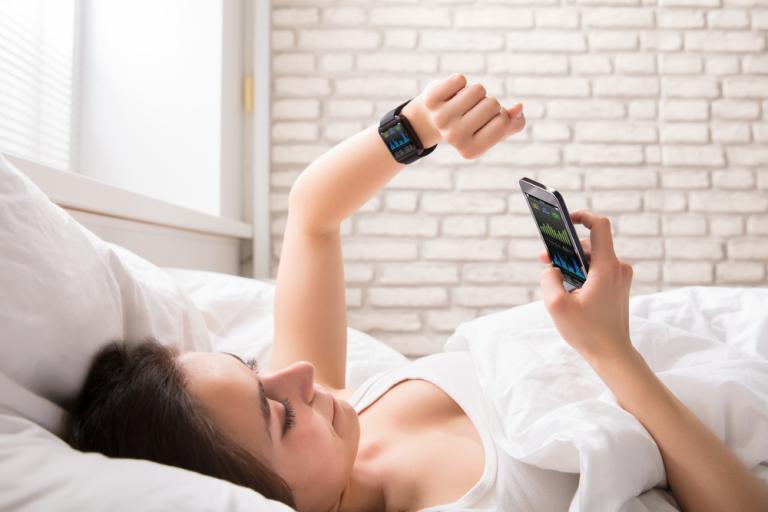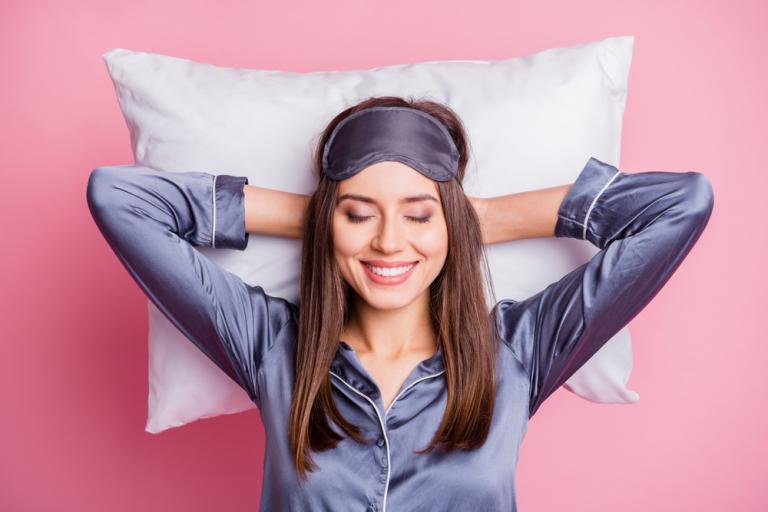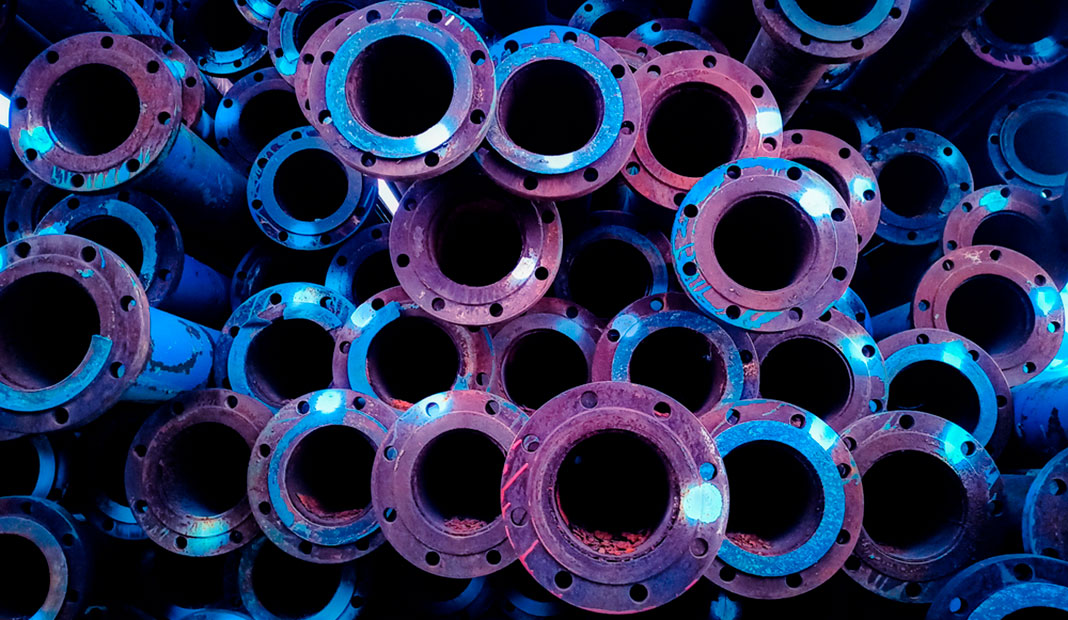Table of Contents
- What is orthosomnia and who does it affect?
- Profile of people with orthosomnia
- Causes of orthosomnia and symptoms to identify it
- Tips to solve orthosomnia and prevent it from keeping you awake
What is orthosomnia and who does it affect?
Sleep is essential to enjoy good physical and mental health and to perform in daily tasks. The number of hours we should allocate to resting at night varies depending on age, although in the case of adults, experts usually recommend between seven and nine hours a day. However, becoming obsessed with achieving it can become a problem. This is what is known as orthosomnia, which defines the obsession with achieving perfect sleep and which, paradoxically, can generate anxiety that interferes with the ability to sleep well.
“The word ‘orthosomnia’ comes from the Greek ‘ortos’, which means ‘correct’, and ‘somnia’ which means ‘sleep’, and if we translate it into our language and the current context we find that obsession with sleeping well,” María José Aróstegui, psychologist, expert in Sleep Medicine from the University of Murcia and member of the Insomnia working group of the Spanish Sleep Society (SES), explains to Webconsultas.
When a person accurately calculates the hours they are going to sleep and gets frustrated and suffers if they think they are not going to get there, and organizes their life around sleep and the moments before, taking care of sleep hygiene in detail, taken to the limit we cannot help ourselves. It makes us sleep better, but it causes worry and, therefore, we sleep worse. This, according to Aróstegui, would be the definition of orthosomnia.
Profile of people with orthosomnia
Some people find it difficult to fall asleep, they wake up often during the night or too early in the morning and this worries them because of the repercussions it can have on their health, or because they feel tired and sleepy throughout the day. This predisposes them to develop orthosomnia.
The expert from the Spanish Sleep Society indicates that generally those affected tend to have a type of personality profile with a tendency to become obsessed because they want to have everything absolutely under control. However, sleep is something natural and cannot be controlled, and that causes anxiety. It can also happen to people who have always been light sleepers and would like to be like those who sleep easily, but each individual has a chronotype that influences their sleeping habits.

Causes of orthosomnia and symptoms to identify it
Orthosomnia is especially linked to the use of sleep tracking devices and applications that monitor sleep quality, as warned in a work published in the Journal of Clinical Sleep Medicine. These devices are associated with sleep tracking applications that analyze the sounds, movement and heart rate of the individual while they sleep, but users may worry excessively about the sleep metrics reported by these devices if their results are not as expected, in particular. instead of focusing on how they really feel, as a study published in 2023 in Nature and Science of Sleep warns.
María José Aróstegui affirms that several studies have shown that this access to technology and devices that measure so many physical variables, such as heart rate, steps taken per day, or sleep parameters, can contribute to us becoming obsessed with whether The smart watch indicates that we are not sleeping well. And “they are not really reliable devices.” In fact, several researchers suggest that smartphone sleep tracking is currently inaccurate and ineffective for a variety of reasons—for example, spending more time lying in bed can improve sleep tracker data even if a person is actually awake.
“This overwhelms us and we believe that we are more tired: a kind of self-fulfilling prophecy occurs and we end up worried and more irascible,” says the psychologist, who affirms that many self-diagnosed patients are coming to sleep consultations who explain that the clock indicates that They have slept very few hours, they have had many awakenings, or they have had a very light phase of sleep, so they think that it will affect them negatively. “That is to say, they already arrive worried and anxious and it is a difficult wheel to stop.”
Some symptoms of orthosomnia are similar to those of insomnia, but insomnia is classified as a sleep disorder, and orthosomnia is considered social jet lag:
- Anxiety.
- Irritability.
- Daytime fatigue, which according to Aróstegui is mainly due to mental overload.
- Concentration and memory difficulties.

Tips to solve orthosomnia and prevent it from keeping you awake
To prevent the appearance of orthosomnia or prevent the obsession with sleeping well from preventing you from falling asleep, the SES specialist recommends:
- Be flexible. It is important to take care of sleep hygiene, but avoiding being excessively strict and without getting overwhelmed if some days we do not strictly comply with these measures (for example, although alcohol affects the quality of sleep, if we go out one night and have a drink that does not matter either). it’s going to prevent us from resting later).
- Do not use a device marketed to users to measure sleep if it is found to interfere with the ability to sleep.
- Be aware that sleep trackers can only provide rough estimates of the amount of total sleep, but are not very reliable in determining sleep stages and quality.
- Go to a sleep professional to check if it is necessary to measure it with reliable tests such as polysomnography, or an actigraphy device.
- Undergo cognitive behavioral therapy, which helps manage all types of obsessions, including orthosomnia.
In any case, this is not about demonizing sleep tracking devices, since, as explained in The Conversation, they do not pose any risk to the general population who sleep well and are only interested in tracking biological data. Although they clarify that if a person feels worried about their sleep and experiences anxiety about it, they should not use them.
“There is no commercially available sleep tracker that sends a stronger signal than your own brain about whether you are getting enough sleep. If you are alert (without caffeine), able to concentrate, and feel like you can have a good quality of life at work and at home, then you are probably getting enough sleep,” they conclude.













